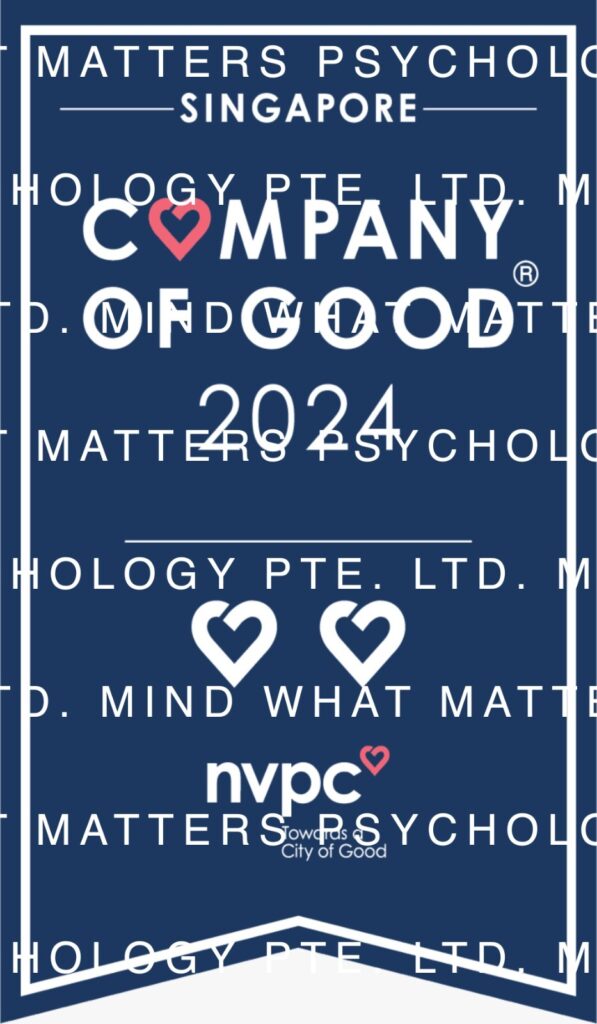Assessments are often available to be administered for purposes ranging from special needs school placements or simply to determine the next course of treatment actions. Treatment for such conditions typically involves a multidisciplinary approach that includes behavioural and educational interventions, medication, and therapy. Generally, early diagnosis and intervention plays a big role in an individual’s outcomes and quality of life.
Autism Spectrum Disorder (ASD)
ASD is a complex neurodevelopmental disorder that affects communication, social interaction and behaviour. As the name suggests, there exists a spectrum in which individuals can be on. This means that ASD looks very different for each individual and affects them in different ways and to varying degrees.
Signs of ASD
- Difficulty with social interactions and communication
- Difficulty with understanding and using nonverbal communication (e.g. facial expressions and gestures)
- Challenges in developing and maintaining relationships with peers and adults
- Repetitive patterns of behaviour (e.g. rocking, hand-flapping)
- Intense interests in specific topics or objects
- Inflexible adherence to routines or rituals
As learning is a social process, individuals with ASD may experience difficulties in this area. Sometimes, individuals with ASD may also face speech and learning delays. Regardless, these are the areas that early intervention can potentially help to work on.
Attention Deficit Hyperactivity Disorder (ADHD)
ADHD is another neurodevelopmental disorder that is characterised by signs of inattention, hyperactivity and impulsivity. Being one of the most common childhood disorders, it can be difficult to distinguish between ADHD and a child “just being a child”. As a result, it is a condition that can go unnoticed even until adulthood. A comprehensive assessment (link) therefore plays a big role in gaining more insights in supporting a child.
Categories of signs of ADHD
- Inattention
- Difficulty paying attention
- Forgetfulness
- Disorganisation
- Trouble following instructions
- Hyperactivity-impulsivity
- Fidgeting
- Restlessness
- Interrupting others
- Acting without thinking
Intellectual Disabilities (ID)
ID is typically defined as having an intelligence quotient (IQ) score below 70, along with limitations in adaptive behaviours such as communication, self-care and social skills. Both the areas of intellectual functioning and adaptive behaviour have to be taken into account, contrary to popular belief that IQ score is the only indicator.
The severity of ID can vary widely, and each individual with ID faces a different set of challenges in aspects of daily life like communication, learning and problem-solving. In terms of intervention and support, of note would be the significance of having support groups, respite care and community-based services in helping individuals with ID and their families navigate the challenges associated.
Learning Disorders (LD)
LD typically affects an individual’s ability to learn and process information effectively. It affects a variety of cognitive processes such as reading, writing, maths, and communication. It is important to note that LD is not related to intelligence, but rather to the way the brain processes information.
Types of LD
- Dyslexia: A reading disorder that affects an individual’s ability to read accurately and fluently
- Dyscalculia: A maths disorder that affects an individual’s ability to understand and manipulate numbers
- Dysgraphia: A writing disorder that affects an individual’s ability to write legibly and coherently
- Language disorders: Disorders that affect an individual’s ability to understand or produce spoken language
- Nonverbal learning disorders: Disorders that affect an individual’s ability to process visual-spatial information and interpret nonverbal cues







